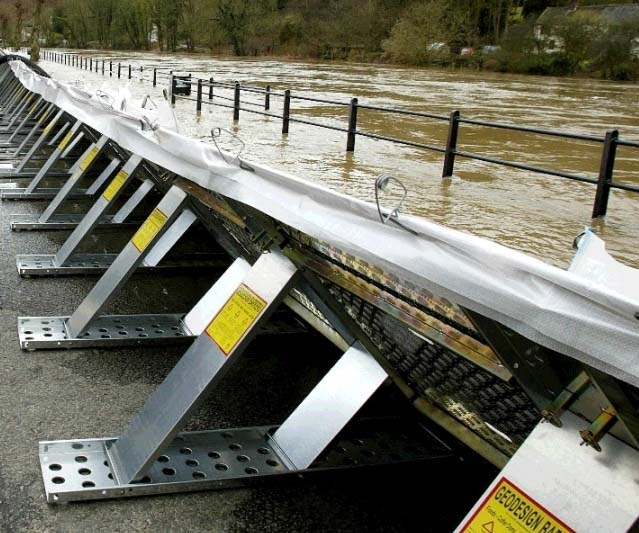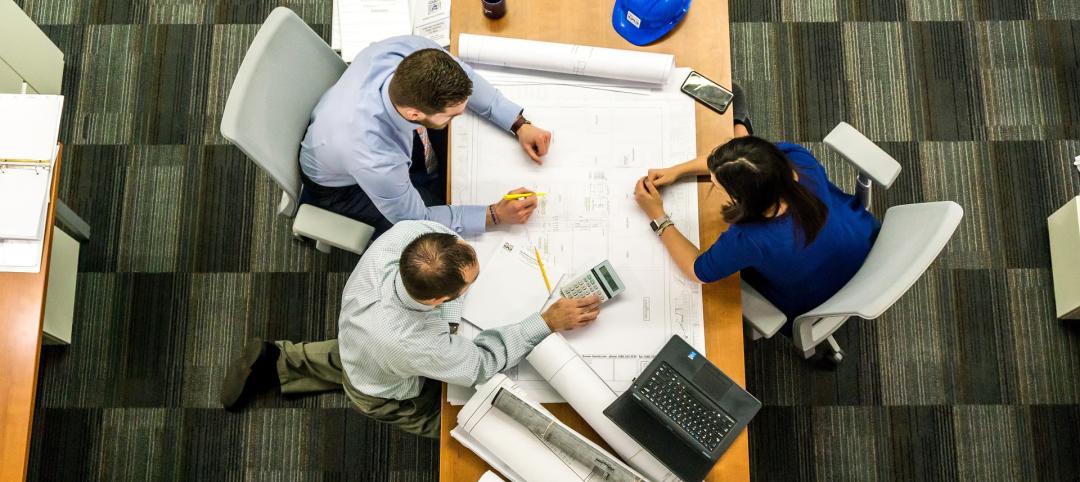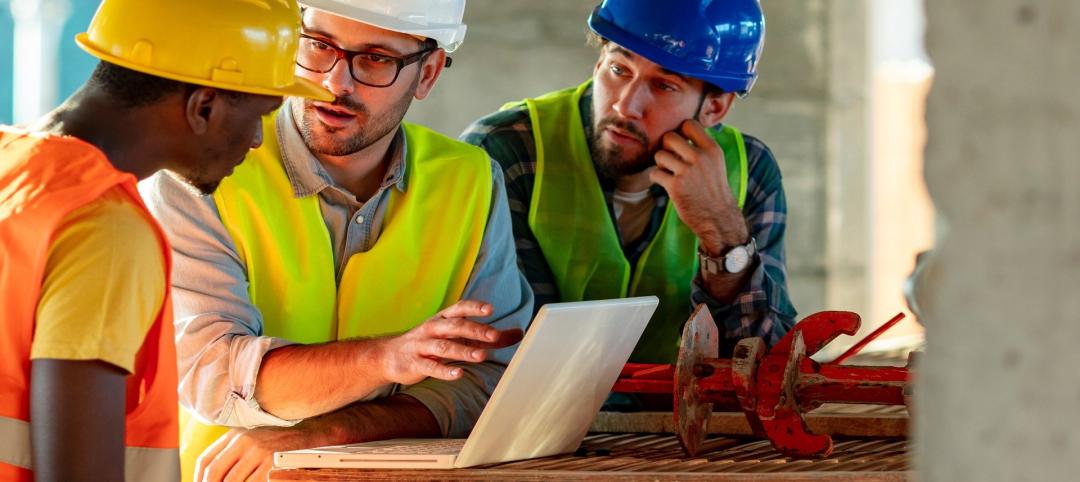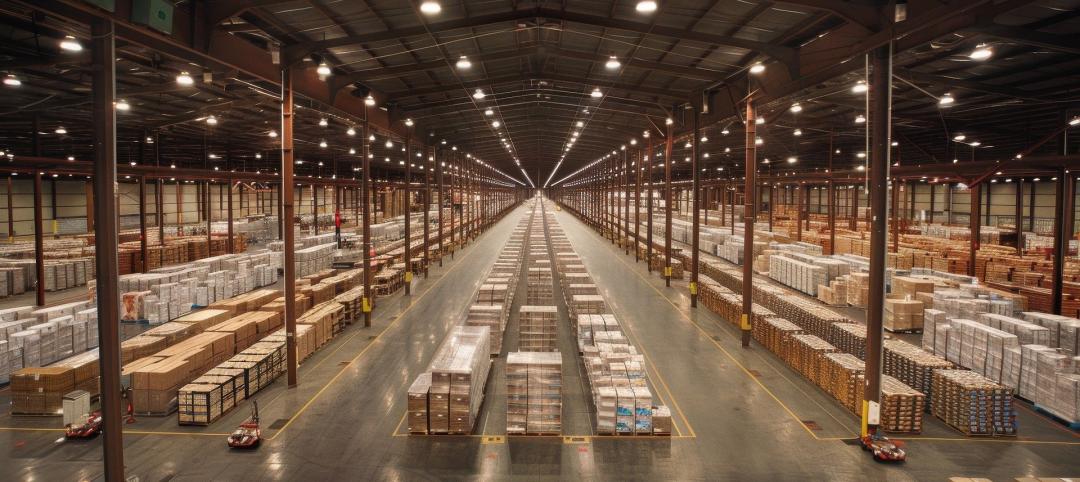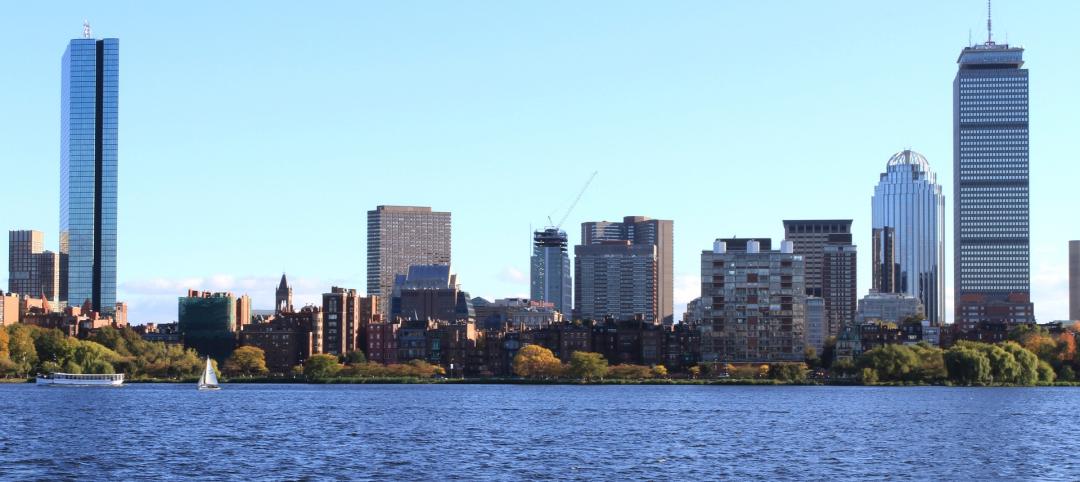Sea levels around Boston could rise as much as 7.5 feet by 2100, according to climate scientists. As a result, the city is at risk of significant flooding during high tides and normal rainfall let alone big storms.
The Urban Land Institute held brainstorming sessions over the last several months involving more than 70 engineers, architects, and development and insurance specialists to examine how rising sea levels would affect four representative areas in and around Boston. The group concluded that the area should consider building canals to absorb and divert water and higher sea walls for flood protection. It also called on called on municipalities to discuss ways to raise money for preparing vulnerable areas and to alter building and zoning rules to take the likelihood of flooding into account.
“We’re not going to start digging the canals tomorrow,” Brian Swett, Boston’s chief of energy, environment, and open space, told the Boston Globe. “But the report makes the important point that you can’t solve 6 feet of sea level rise simply by building a bigger dam on the Charles River.”
In the low-lying Alewife section of Cambridge, new residences might have to be concentrated into taller buildings with more space between them to make room for water infiltration. The report also suggested that retail shops be concentrated into a raised corridor to keep them above flood waters.
Related Stories
3D Printing | Oct 9, 2024
3D-printed construction milestones take shape in Tennessee and Texas
Two notable 3D-printed projects mark milestones in the new construction technique of “printing” structures with specialized concrete. In Athens, Tennessee, Walmart hired Alquist 3D to build a 20-foot-high store expansion, one of the largest freestanding 3D-printed commercial concrete structures in the U.S. In Marfa, Texas, the world’s first 3D-printed hotel is under construction at an existing hotel and campground site.
MFPRO+ News | Oct 9, 2024
San Francisco unveils guidelines to streamline office-to-residential conversions
The San Francisco Department of Building Inspection announced a series of new building code guidelines clarifying adaptive reuse code provisions and exceptions for converting office-to-residential buildings. Developed in response to the Commercial to Residential Adaptive Reuse program established in July 2023, the guidelines aim to increase the viability of converting underutilized office buildings into housing by reducing regulatory barriers in specific zoning districts downtown.
AEC Tech Innovation | Oct 8, 2024
New ABC technology report examines how AI can enhance efficiency, innovation
The latest annual technology report from Associated Builders and Contractors delves into how artificial intelligence can enhance efficiency and innovation in the construction sector. The report includes a resource guide, a case study, insight papers, and an essay concerning applied uses for AI planning, development, and execution.
Brick and Masonry | Oct 7, 2024
A journey through masonry reclad litigation
This blog post by Walter P Moore's Mallory Buckley, RRO, PE, BECxP + CxA+BE, and Bob Hancock, MBA, JD, of Munsch Hardt Kopf & Harr PC, explains the importance of documentation, correspondence between parties, and supporting the claims for a Plaintiff-party, while facilitating continuous use of the facility, on construction litigation projects.
AEC Tech | Oct 4, 2024
Publication explores how facility managers can use AI
A new guide, “Gamechanger: A Facility Manager’s Guide to Building a Relationship with AI,” provides a roadmap to understanding and using AI in the built environment.
Contractors | Oct 1, 2024
Conflict resolution is a critical skill for contractors
Contractors interact with other companies seventeen times a day on average, and nearly half of those interactions (eight) involve conflicts, according to a report by Dodge Construction Network and Dusty Robotics. The study suggests that specialty trade contractors, in particular, rarely experience good resolution from conflicts.
Contractors | Oct 1, 2024
Demographic, societal trends bode poorly for future construction workforce
U.S. employers will soon face “the largest labor shortage the country has ever seen,” according to a report from Lightcast, a labor market data and analysis firm. The problem will be especially acute in fields like plumbing, HVAC, and auto maintenance.
Warehouses | Sep 27, 2024
California bill would limit where distribution centers can be built
A bill that passed the California legislature would limit where distribution centers can be located and impose other rules aimed at reducing air pollution and traffic. Assembly Bill 98 would tighten building standards for new warehouses and ban heavy diesel truck traffic next to sensitive sites including homes, schools, parks and nursing homes.
MFPRO+ News | Sep 24, 2024
Major Massachusetts housing law aims to build or save 65,000 multifamily and single-family homes
Massachusetts Gov. Maura Healey recently signed far-reaching legislation to boost housing production and address the high cost of housing in the Bay State. The Affordable Homes Act aims to build or save 65,000 homes through $5.1 billion in spending and 49 policy initiatives.
MFPRO+ News | Sep 23, 2024
Minnesota bans cannabis smoking and vaping in multifamily housing units
Minnesota recently enacted a first-in-the-nation statewide ban on smoking and vaping cannabis in multifamily properties including in individual living units. The law has an exemption for those using marijuana for medical purposes.


